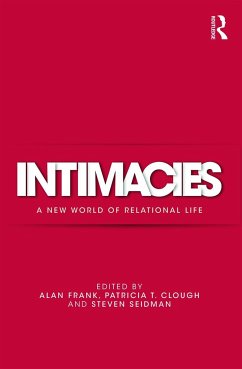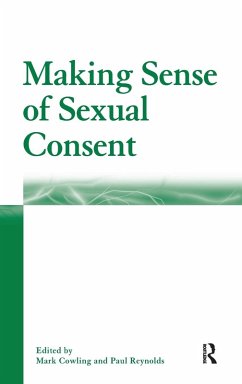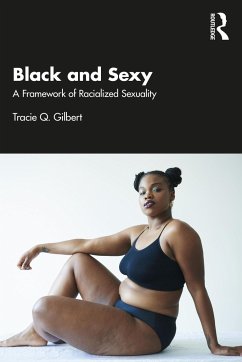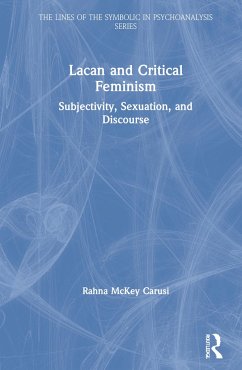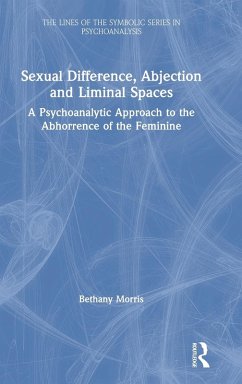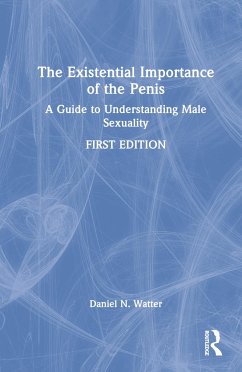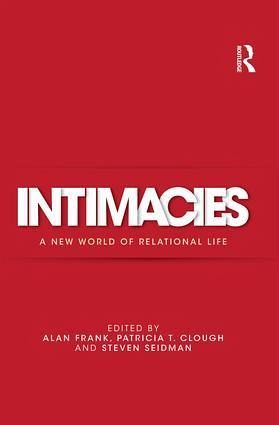
Intimacies
A New World of Relational Life
Herausgeber: Frank, Alan; Seidman, Steven; Clough, Patricia
Versandkostenfrei!
Versandfertig in 1-2 Wochen
66,99 €
inkl. MwSt.
Weitere Ausgaben:

PAYBACK Punkte
33 °P sammeln!
In the last decade or so, there has been a shift in the popular and academic discussion of our personal lives. Relationships - and not necessarily marriage - have gravitated to the center of our relational lives. Many of us feel entitled to seek intimacy, an emotionally depthful social bonding, rather than simply security or companionship from our relationships. Unlike in a marriage-centred culture, intimacy is today pursued in varied relationships, from familial to friends and to romances. And intimacies are being forged in multiple venues, from face-to-face to virtual, cyber contexts. A new scholarship has addressed this changing terrain of personal life - there is today a vast literature on cohabitation, parenthood without marriage, sex and love outside marriage, queer families, cyber intimacies and friendships. However, much theorizing and research has focussed either on the interior, subjective or sociocultural aspects of intimacies, not their interaction. This volume aims to break new ground: Intimacies explores the psychological terrain of intimacy in depthful ways without abandoning its sociohistorical context and the centrality of power dynamics. Drawing on a rich archive that includes the social sciences, feminism, queer studies, and psychoanalysis, the contributors examine: changing cultures of intimacy fluid and solid attachments and intimacies from hook ups, to sibling bonds, to erotic love a politics of intimacy that may involve state enforced hierarchies, class, misrecognition, social exclusion and violence embodied experiences of intimacy and dynamics of endings and loss a pluralization of intimacies that challenge established ethical hierarchies This volume aims to define the cutting edge of this emerging field of scholarship and politics. It challenges existing paradigms that assume rigid hierarchical approaches to relational life. Intimacies will be of interest for psychoanalysts and for students or scholars in sexualities, gender studies, family studies, feminism studies, queer studies, social class, cultural studies, and philosophy.





